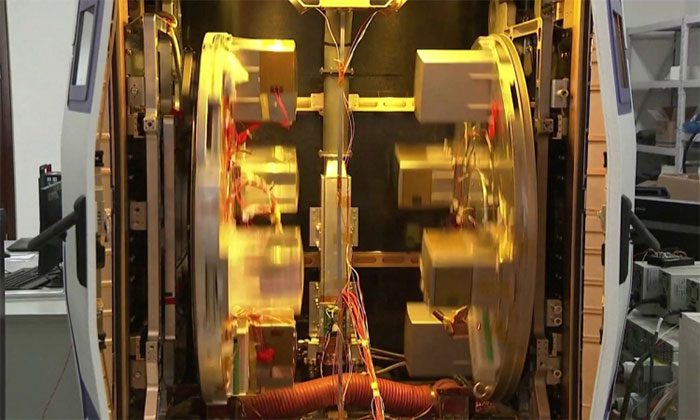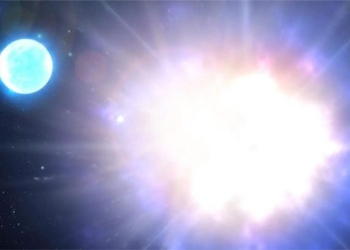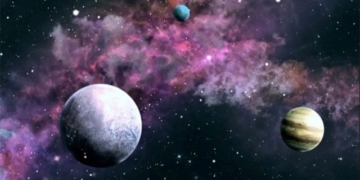The Wentian Module has successfully docked with China’s Tiangong Space Station, equipped with the largest gravity-changing centrifuge in orbit.
(Video: Reuters)
At 3:13 AM on July 25, according to Hanoi time, the Wentian module successfully docked with the main Tianhe module of the Tiangong Space Station, providing a powerful scientific experiment platform in space.
One of the most significant payloads that Wentian brought into orbit is the gravity-changing cabinet. With dimensions comparable to a refrigerator, this device will allow Chinese astronauts to conduct numerous experiments under different gravitational conditions.

The cabinet is equipped with two touch screens on the outside, allowing astronauts to monitor what is happening inside and perform experiment-related activities, while the interior is set up with two centrifuges that can adjust gravity.
“On the left and right sides of the cabinet are two centrifuges. The rotating table will provide outward force, specifically the centrifugal force, which is used to simulate gravity. We can adjust the rotation speed of the table to achieve different centrifugal forces to simulate various gravitational forces,” explained senior engineer Zhou Yanlin at the Space Technology and Engineering Center of the Chinese Academy of Sciences, the designer of the gravity-changing cabinet.
The experimental cabinet can simulate high-precision gravitational environments with accelerations ranging from 0 to 2 g, facilitating scientific research under the gravitational forces of the Moon and Mars.
“So far, this is the largest centrifuge operating in orbit. In comparison, the centrifuge developed by the International Space Station has a maximum size of 600 mm, while our device has a diameter of 900 mm. It is a point of pride that it allows experiments on large or medium-sized animals and plants, something we could not do before,” Zhou added.
With this new tool, biologists can explore how changes in gravity affect the development of organisms, such as the differences between plants growing on Earth and the Moon. Physicists can also study how fluids behave under different gravitational conditions. Therefore, the gravity-changing cabinet has potential applications in various fields.





















































